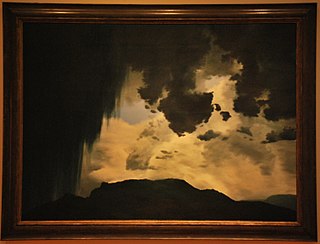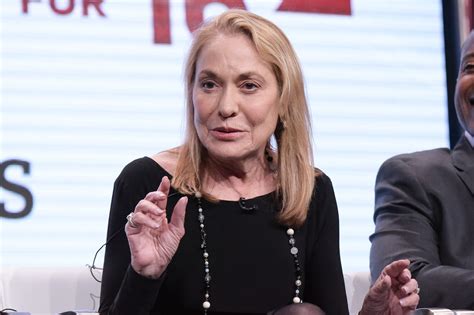A Quote by April Gornik
There is a growing scientific consensus that animals have emotions and feel pain. This awareness is going to effect change: better treatment of animals in agribusiness, research and our general interaction with them. It will change the way we eat, live and preserve the planet.
Related Quotes
Humans — who enslave, castrate, experiment on, and fillet other animals — have had an understandable penchant for pretending animals do not feel pain. A sharp distinction between humans and 'animals' is essential if we are to bend them to our will, make them work for us, wear them, eat them — without any disquieting tinges of guilt or regret. It is unseemly of us, who often behave so unfeelingly toward other animals, to contend that only humans can suffer. The behavior of other animals renders such pretensions specious. They are just too much like us.
Some meat eaters defend meat eating by pointing out that it is natural: in the wild, animals eat one another. The animals that end up on our breakfast, lunch, and dinner plates, however, aren't those who normally eat other animals. The animals we exploit for food are not the lions and tigers and bears of the world. For the most part, we eat the gentle vegan animals. However, on today's farms, we actually force them to become meat eaters by making them eat feed containing the rendered remains of other animals, which they would never eat in the wild.
If zoos are like arks, then rare animals are like passengers on a voyage of the damned, never to find a port that will let them dock or a land in which they can live in peace. The real solution, of course, is to preserve the wild nature that created these animals and has the power to sustain them. But if it is really true that we are inevitably moving towards a world in which mountain gorillas can survive only in zoos, then we must ask whether it is really better for them to live in artificial environments of our design than not to be born at all.
I wish people were more like animals. Animals don't try to change you or make you fit in. They just enjoy the pleasure of your company. Animals aren't conditional about friendships. Animals like you just the way you are. They listen to your problems, they comfort you when you're sad, and all they ask in return is a little kindness.
The suffering that food animals undergo, the suffering of those who eat them and profit by them, the suffering of starving people who could be fed with the grain that feeds these animals, and the suffering we thoughtlessly impose on the ecosystem, other creatures, and future generations are all interconnected. It is this interconnectedness of suffering, and its reverse, of love, caring, and awareness, that calls out for our understanding.
The belief that the animals exist because God created them - and that he created them so we can better meet our needs - is contrary to our scientific understanding of evolution and, of course, to the fossil record, which shows the existence of non-human primates and other animals millions of years before there were any human beings at all.





































